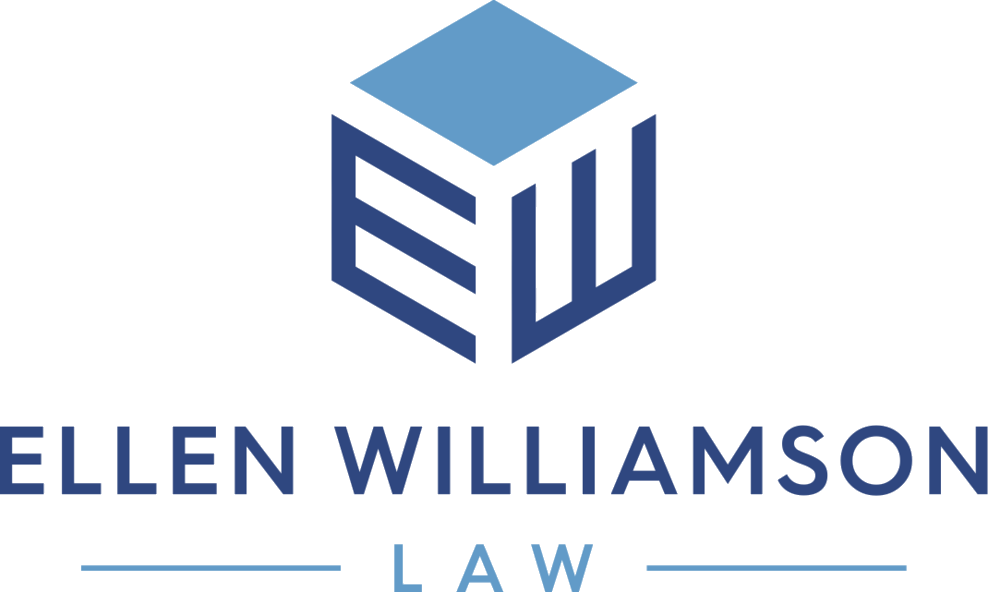Estate planning safely while sheltered in place: how to avoid a quarantine fail
Maybe the COVID-19 pandemic and all the time at home has you thinking that it’s finally time to get around to making an estate plan. And in this time when we’re having to work from home, be our kids’ teachers, and even dare to cut our own hair, it can be tempting to treat estate planning as one more task we can attempt to handle ourselves. After all, there are plenty of DIY estate planning doc options out there. And even if you hire an attorney, how can you safely work with them during a shelter in place order?
You don’t want this to be your head. You also don’t want to have the estate plan equivalent of it.
I’ll address some of the perils of DIY planning in a minute, but first, let me tell you how I’m handling estate planning needs during this unusual time. I’m handling my planning meeting, which I’d usually do in person, by phone, videoconference, or email. Then, we’re working by email and phone to get from first drafts to final product. Then, for the will signing, we’ll either meet safely in person or discuss remote signing options.
The other day I did a will signing at a client’s house. I provided nitrile gloves and pens for everyone. My client sat on their front porch and I stood a safe distance away on the sidewalk wearing a mask and gloves. The witnesses also kept a safe distance and everyone signed the relevant documents one at a time, wearing gloves, with separate pens. The end result was a will that complied with all formalities of execution yet executed in a safe, socially-distanced way.
When even that may be more contact than a client is comfortable with, we can avail ourselves of the ability to notarize remotely taking advantage of an Order signed by Governor Abbott relaxing notary requirements in some cases. I’ve remotely witnessed several documents using this authority. And, if need be, we can even talk about a holographic will option that avoids any witnesses as a short-term solution until conditions improve.
I’ve also conducted several Court hearings remotely. The ones that have gone well have featured veteran probate and guardianship lawyers who are already familiar with these proceedings. On the other hand, when someone was attempting a practice area for the first time, it’s gone…a different way.
My takeaway is that now, more than ever, you want an attorney who knows the underlying area of law well. The logistical challenges posed by COVID-19 are new for all of us, but people practicing within the practice areas we know well can integrate these changes well into our existing practices.
Estate, probate, and guardianship work isn’t something I dabble in or a side hustle I’m trying on for size; it’s what I do.
Now, maybe you're convinced of the need for an estate plan but not sold on the need for an attorney’s help. You may be tempted to use a do-it-yourself form preparation kit such as those you've seen advertised online. But while this may save money in the short term, as with any DIY project the cost of addressing errors may end up exceeding the cost of doing it professionally in the first place. As is often the case, you get what you pay for. And if it ends up being like some of these DIY quarantine haircut fails, the result could be an ugly mess that’s a lot more work to fix than just seeing a pro upfront would have been.
Document preparation services are not attorneys and cannot provide legal advice. While you may end up with an official-looking form, there is no guarantee that it contains the right provisions, is filled out properly, or that it is even the best document for your needs in the first place. Some aren't state-specific and may not contain the appropriate language for Texas. A one-size-fits-all document may not adequately address your specific circumstances or properly reflect your wishes.
At best, it may cause your loved ones to expend more effort and resources to effectuate your wishes. At worst, because any error won't be discovered until after your passing, your DIY plan may cause a result you didn't want and would never have intended. Don't take my word for it, though; just look up the name of any popular DIY legal product company and "problems" and you can read the horror stories yourself.
Another way to think about it: imagine a brand new lawyer who just received their law license. Would you want to be their very first client? If not, consider that by doing your own docs, you are effectively serving as your own attorney, but with less legal training than that baby lawyer. The end result may well be the legal equivalent of taking a pair of trimmers to your head and giving yourself a bald spot.
